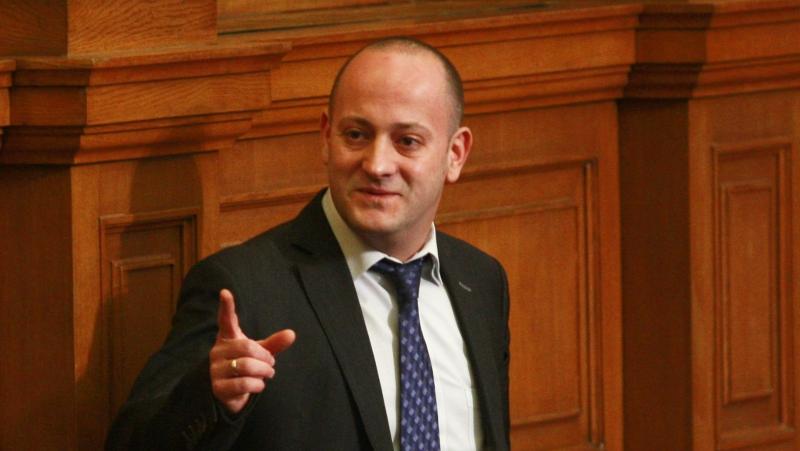Table of Contents
- 0.1 According to them, the missiles are initially expected to be used against Russian and North Korean troops in the Kursk region.
- 0.2 Others, however, find the concerns overblown.
- 1 How might the involvement of North Korean troops in the Ukraine conflict influence the strategic decisions of the US and its NATO allies?
“President Joe Biden authorized first use of US-supplied long-range missiles from Ukraine to strike targets in Russia”.
This was reported by the New York Times, citing unnamed US officials.
According to them, the missiles are initially expected to be used against Russian and North Korean troops in the Kursk region.
The decision is a significant shift in US policy. It has divided Biden’s advisers and comes two months before the inauguration of President-elect Donald Trump, who has pledged to curb aid to Ukraine.
As an argument for allowing the use of long-range missiles, known as Army Tactical Missile Systems (ATACMS), New York Times sources point to Russia’s decision to use North Korean troops in the conflict.
The American edition also cited officials who expressed concerns that the use of the missiles on Russian territory could provoke a retaliatory reaction by President Vladimir Putin against the United States and its coalition partners.
Others, however, find the concerns overblown.
According to the New York Times, the Russian army is preparing to launch a major attack with around 50,000 troops, including North Korean, against the fortified Ukrainian positions in Kursk in order to retake its territory.
dnes.bg
#Biden #authorized #Ukraine #hit #Russia #longrange #missiles

How might the involvement of North Korean troops in the Ukraine conflict influence the strategic decisions of the US and its NATO allies?
Intro: Today, we have two esteemed guests with us to discuss the hot-button issue of President Biden authorizing the use of US-supplied long-range missiles in Ukraine to target Russian interests. Ms. Rebecca Smith, a political analyst, and Mr. Alex Johnson, a military strategist, have graciously agreed to provide their insights on this groundbreaking development.
1. The use of US-supplied long-range missiles in Ukraine has been a controversial decision. As this is a significant shift in US policy, how do you analyze the implications of this move? What are the potential consequences of this decision? Ms. Smith, could you provide your perspective?
2. There are concerns among some officials that this move could escalate tensions between the US and Russia, potentially provoking a retaliation from President Putin. How realistic are these concerns, in your opinion? Do you think that Russia is likely to retaliate against the US and its coalition partners, Mr. Johnson?
3. The decision to use long-range missiles was justified by Russia’s decision to deploy North Korean troops in the conflict. Should the US use this opportunity to counter the alleged North Korean involvement in Ukraine, or are there other reasons for the deployment of these missiles? Ms. Smith, what are your thoughts on this issue?
4. The New York Times report suggests that the Ukrainian army is preparing for a massive Russian offensive with around 50,0000 troops, including North Korean forces, in the Kursk region. How effective do you think the deployment of these missiles might be in deterring such an attack, considering the size and strength of the Russian forces? Mr. Johnson, could you expand on this?
5. The use of these missiles could potentially have lasting consequences beyond the immediate conflict in Ukraine. How might this decision affect future US-Russia relations, especially under the incoming Biden administration? Would you anticipate any changes in US policy towards Russia in this regard, Ms. Smith?
6. Mr. Johnson, as a military strategist, do you see any alternatives to using long-range missiles in this situation? Are there other military tactics or approaches that the US and its allies could take to support Ukraine without directly involving themselves in the conflict?


